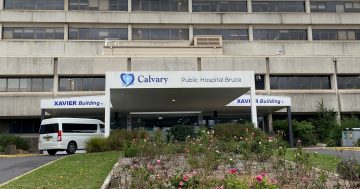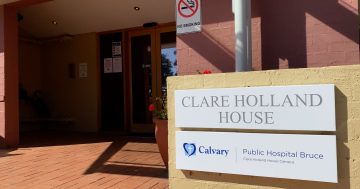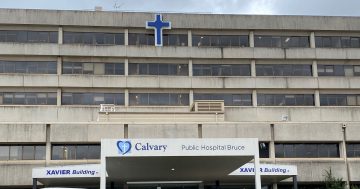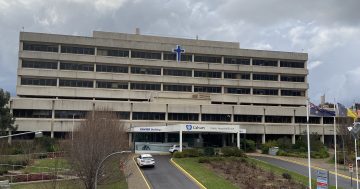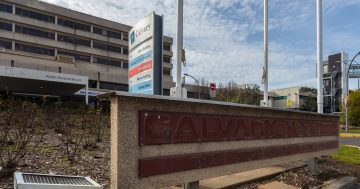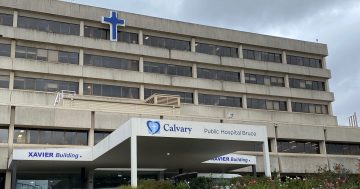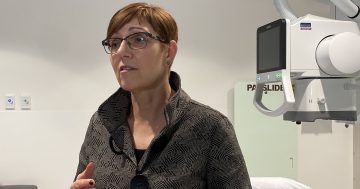
Calvary Health Care National CEO Martin Bowles: takeover poses a regulatory risk for businesses everywhere. Photo: Calvary.
An ambushed Calvary Health Care has put the shock government takeover plans for its public hospital in Bruce in the hands of its lawyers as it comes to grips with the possibility of being ousted from the site after 44 years.
National CEO Martin Bowles – formerly Secretary of the Department of Health – said the ACT Government had not acted in good faith. He warned its shock announcement that it would legislate to compulsorily acquire the Bruce site and absorb the 1800 staff into Canberra Health Services to set up a single public health network posed a regulatory risk for businesses everywhere.
“The difficulty is governments can introduce special legislation to basically destroy the rights of organisations,” he told Region.
“For me, the most worrying issue here is the regulatory risk when businesses enter into contracts with government if they can be removed by special legislation.
“That’s concerning. Anyone who deals with government should be concerned that it has the ability to remove that contract that was negotiated in good faith – just be wiped away through some sort of special legislation.”
Mr Bowles said it was now clear that while Calvary and CHS staff had been working together for the past six months, a secret government team was working on the takeover at the same time.
Before that six-month period, between May and September last year, the government and Calvary were negotiating a new agreement involving the planned Northside hospital, which Calvary expected to operate.
Mr Bowles rejected the government’s narrative that the breakdown of those talks had left it with no alternative but to take over Calvary so it could proceed with the new hospital.
He said three of the four points had been resolved in those talks. The government’s desire for a much smaller 25-year contract, about a quarter of the existing one, was the remaining sticking point.
There was dead silence until Monday this week when Health Minister Rachel Stephen-Smith met with Mr Bowles and delivered the letter outlining the government’s plans.
He has not spoken to her since.
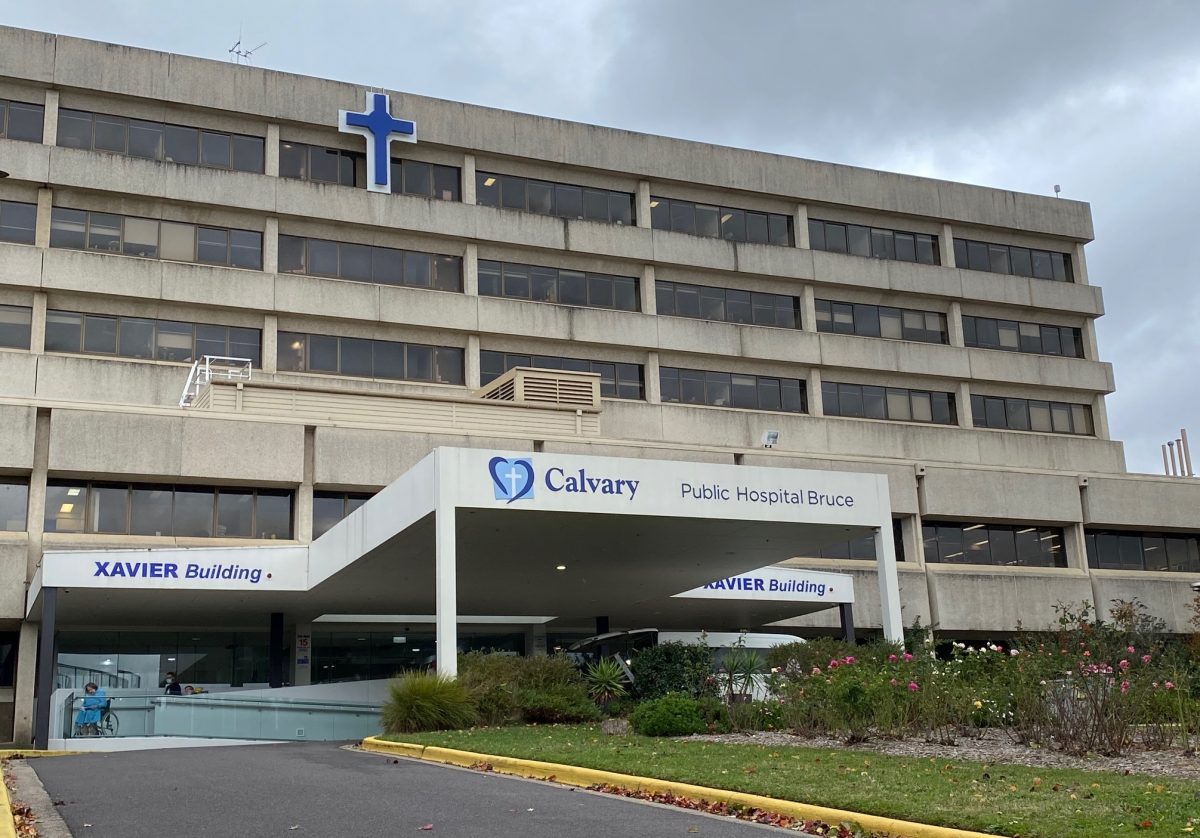
Calvary Public Hospital Bruce: Mr Bowles said the narrow window for staff transition was staggering. Photo: Claire Fenwicke.
Mr Bowles said Calvary only saw the legislation and the regulation relating to the takeover yesterday after the Minister’s press conference, despite asking for it since Monday.
Mr Bowles said the government was attempting to minimise the question of compensation as much as possible by noting the Commonwealth gifted the land in the 1970s and hospital assets were government funded.
But he dismissed this as irrelevant and said the government was putting out a lot of mixed messages, noting that in 2010 it had been willing to pay $77 million for the hospital.
“It’s on our books. It has value. Banks hold mortgages with us,” he said.
“We have ownership. These things have value in an accounting sense, and will clearly be able to be compensated if, in fact, this does go through.”
The narrow window for the transition to CHS, from 31 May to 3 July, was “staggering”, Mr Bowles said.
“Thirty-three days to affect one of the greatest transfers in this Territory,” he said.
“I mean, we’re talking about 1800 staff who woke up yesterday morning, went to work thinking it was a normal day and then all of a sudden found they’re going to have a different employer.”
The reaction had been mixed, but those who had chosen to work for Calvary because they loved the hospital or had left CHS due to its culture problems were devastated. The challenge was how to support them and manage the disruptions that could flow from staff leaving.
“If we lose staff, we may struggle to keep certain services going. We will put patient safety at the centre of that decision,” Mr Bowles said.
He rejected the government’s justification for the takeover – that the current system was fragmented and a single public health network would create efficiencies that would be beneficial for staff and patients.
Calvary had nationally efficient pricing structures and the minister had admitted it delivered high-quality care and collaborated well with CHS, Mr Bowles said.
If CHS had raised these structural efficiency issues during negotiations, Mr Bowles said he was confident Calvary could have resolved them.
“We already have a Territory-wide services plan,” he said.
Mr Bowles also dismissed a 2011 report recommending a single system as spurious and outdated.
He said Calvary was not the only non-government entity to run public hospitals in the country, and they were run efficiently, probably more efficiently than government.
“This is about wanting to control things,” he said.
Other providers were watching the situation unfolding in Canberra closely.
“I’ve talked to some of my colleagues and other organisations, and yes, they are concerned,” he said.
Mr Bowles acknowledged that religion was also playing a role in the public’s perception of the dispute, as people line up on either side.
This was due, in part, to the misleading commentary around the recent Assembly committee report on abortion and reproductive choice, which was critical of Calvary.
“The Canberra Hospital doesn’t do elective abortions either,” he said.













